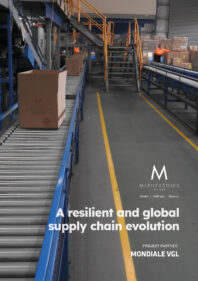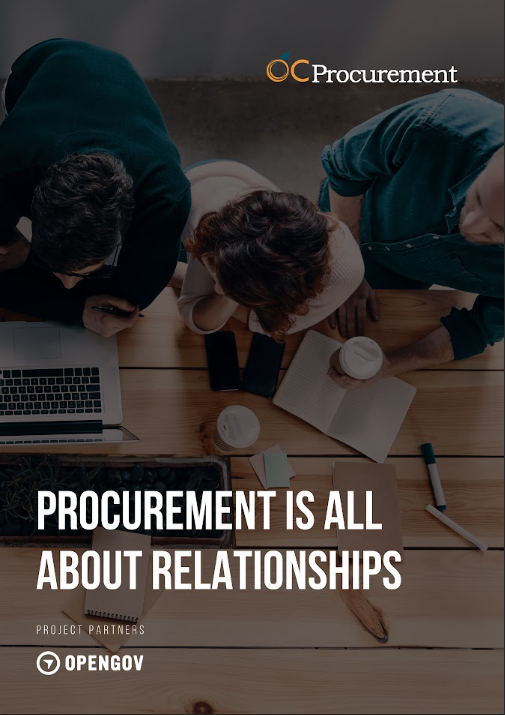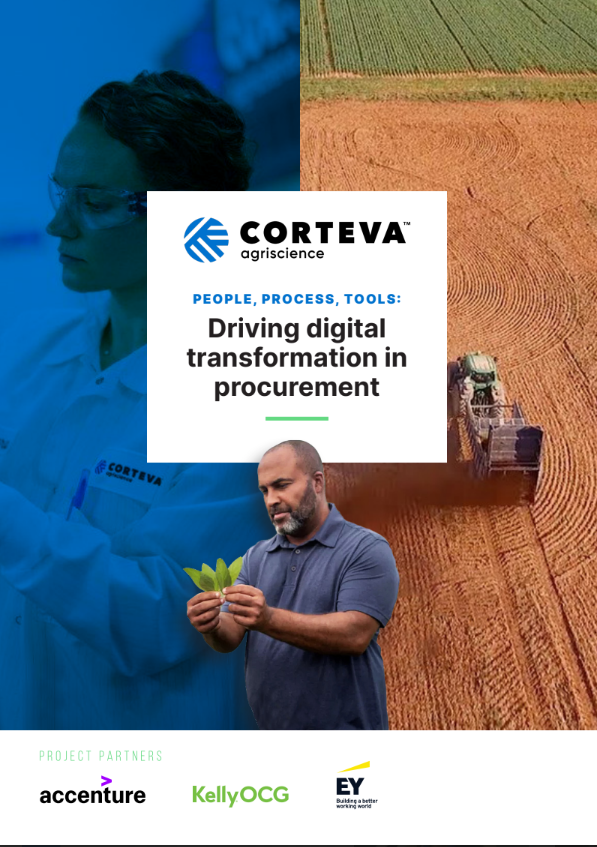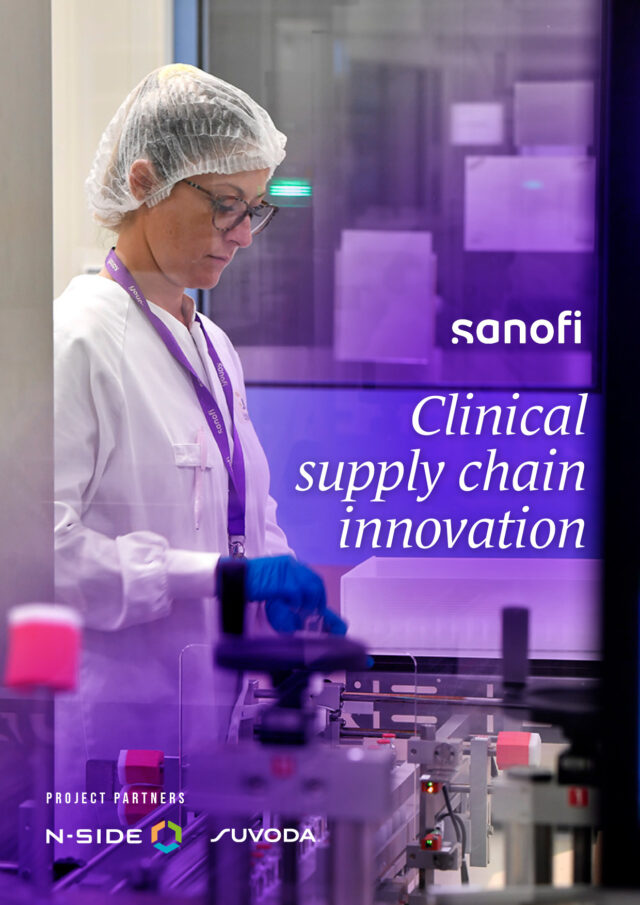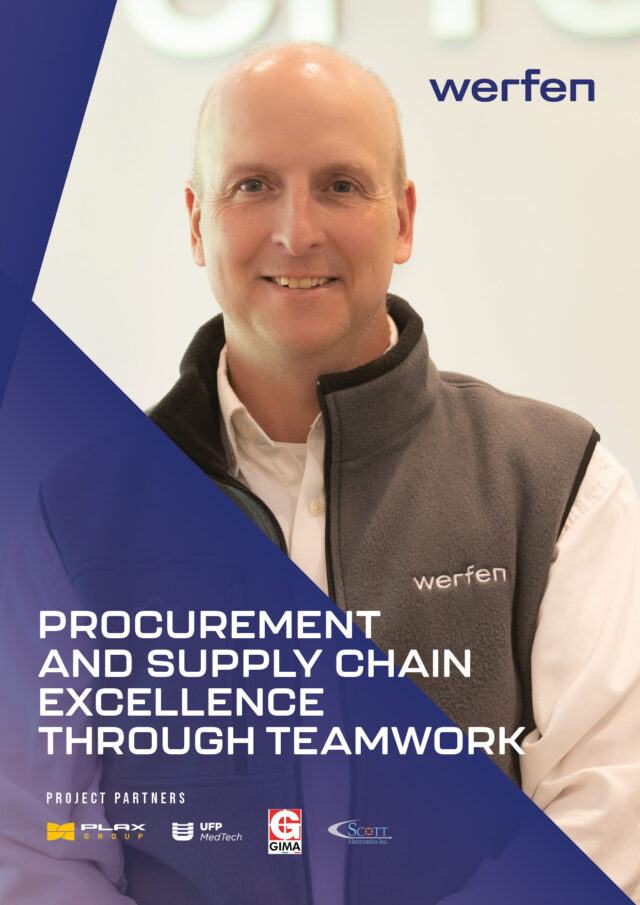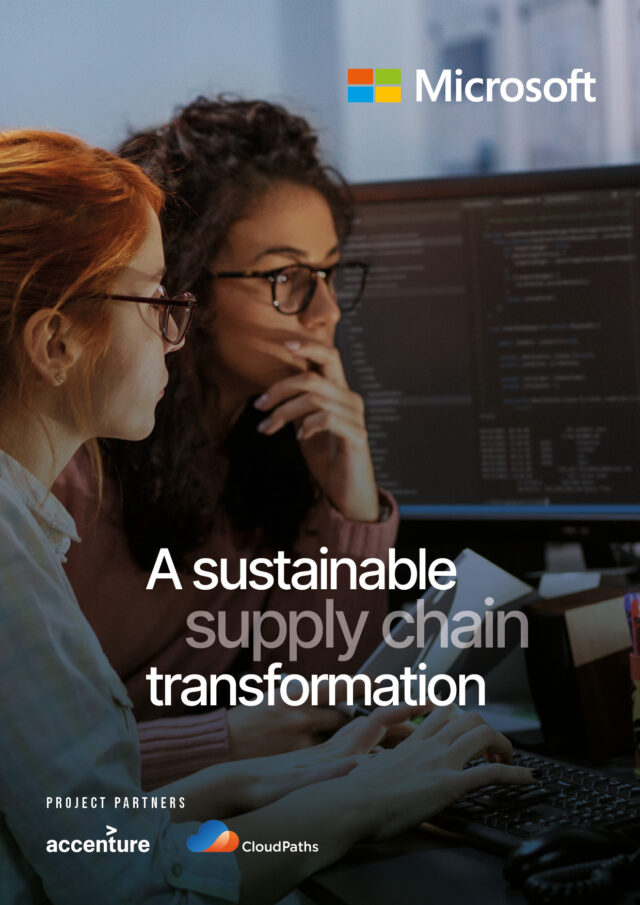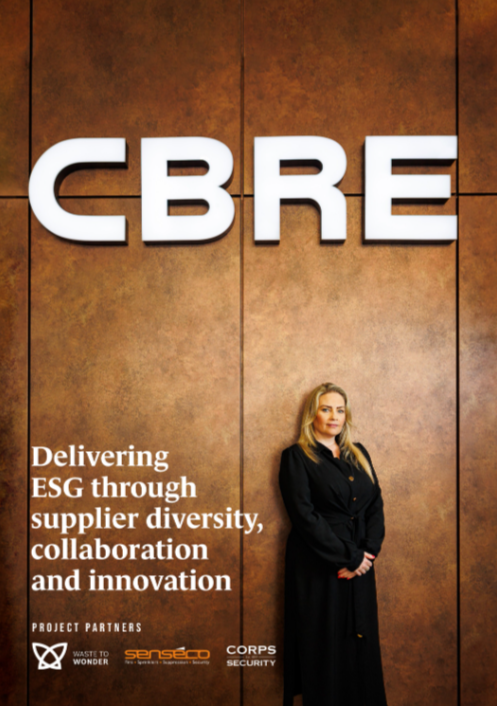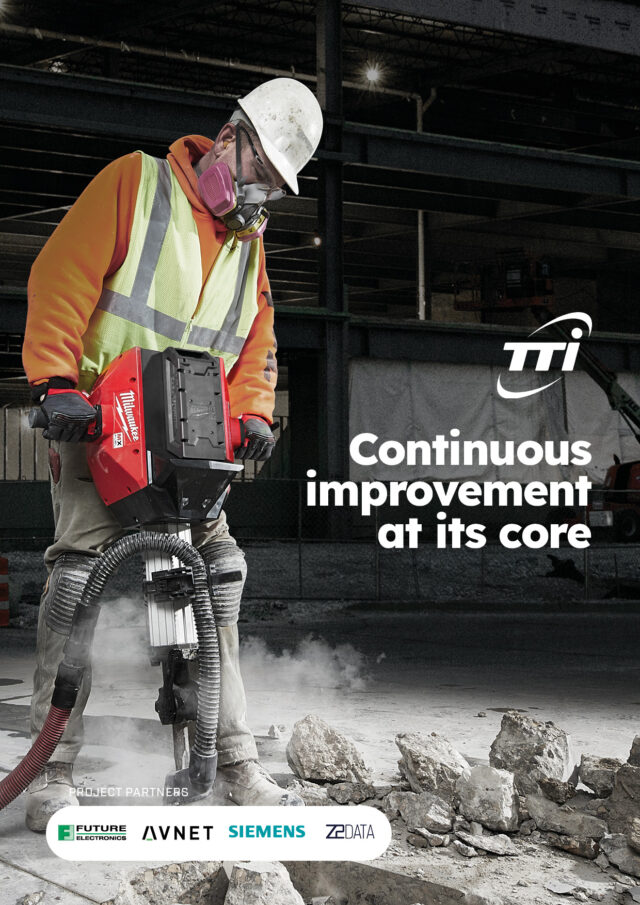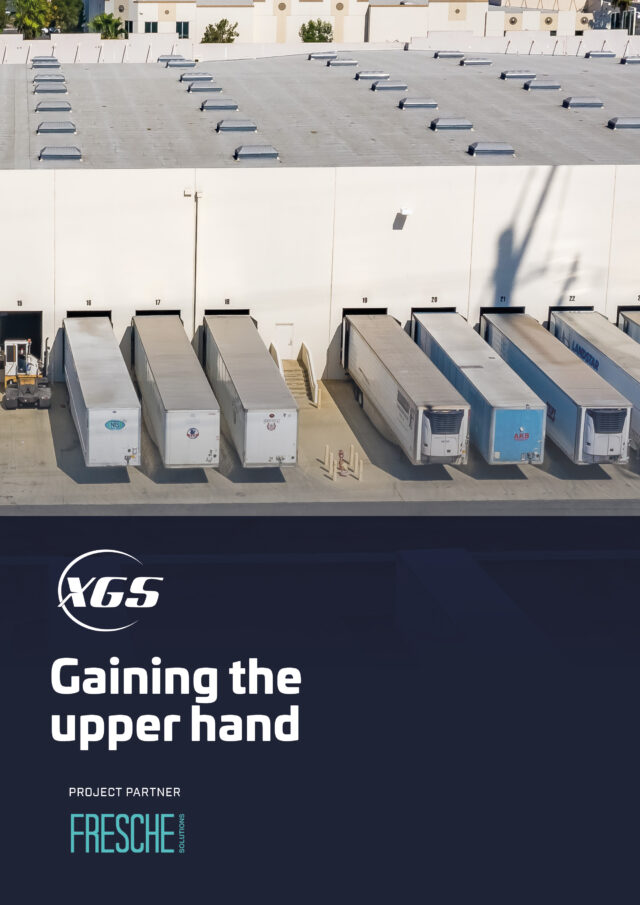With a 162-year history, McPherson’s has a rich history of agile procurement through resilience and collaboration. We spoke to Supply Chain Director Mark Brady to find out more.
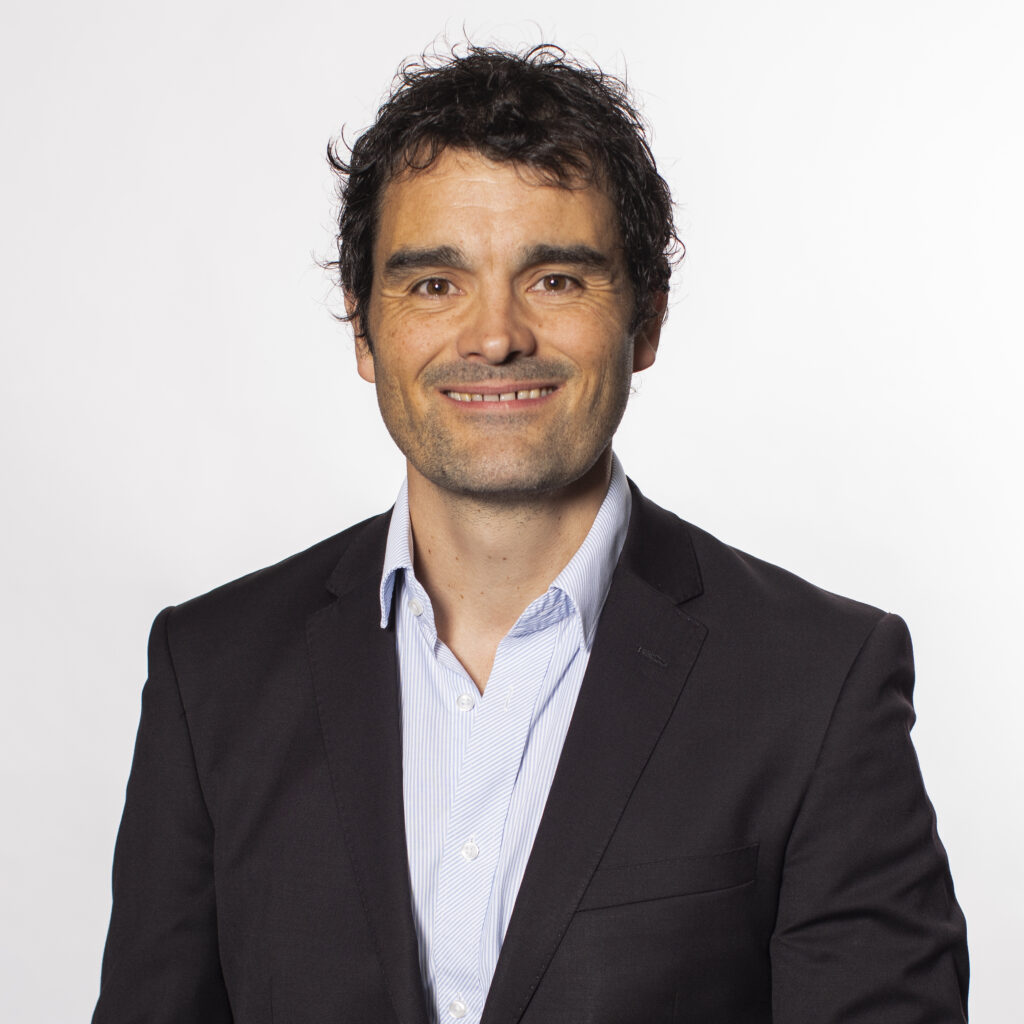
“Happiness and engagement translate to energy, output, and productivity,” says Mark Brady, Supply Chain Director at McPherson’s, and this one sentence really sums up his leadership style and the company’s culture as a whole. The supply chain team at McPherson’s has an average tenure of 19 years, which, in these times of acute staffing shortages, seems like something that should be both admired and studied. There isn’t just one explanation for this success, though, and Mark – who himself has been there 10 years – says he appreciates every one of his 95-strong team and thinks the main reason staff want to stay is because they have a voice. He says: “Compassion, respect, honesty, drive, and empowerment are all key aspects which we work on as a team. Situational leadership qualities allow anyone within the team to lead at a given moment, or with a given situation. Giving people a voice and giving them agency means they are in control. We support them and trust them – and together we can succeed.”
One of Mark’s team, the man heading up supply planning, has been with the company almost 50 years, and his upcoming retirement creates its own challenges as that experience will be lost, but by creating an environment where people can succeed, Mark knows McPherson’s will be able to nurture another talent. Mark explains this with a football analogy, saying: “How do I replace Alex Ferguson? To me that’s what he is after 47 years. So, I’ve said to people, I don’t expect you to be the next Alex Ferguson. I just expect you to think about what you’re going to bring and hopefully we create an environment where we let people get there.”
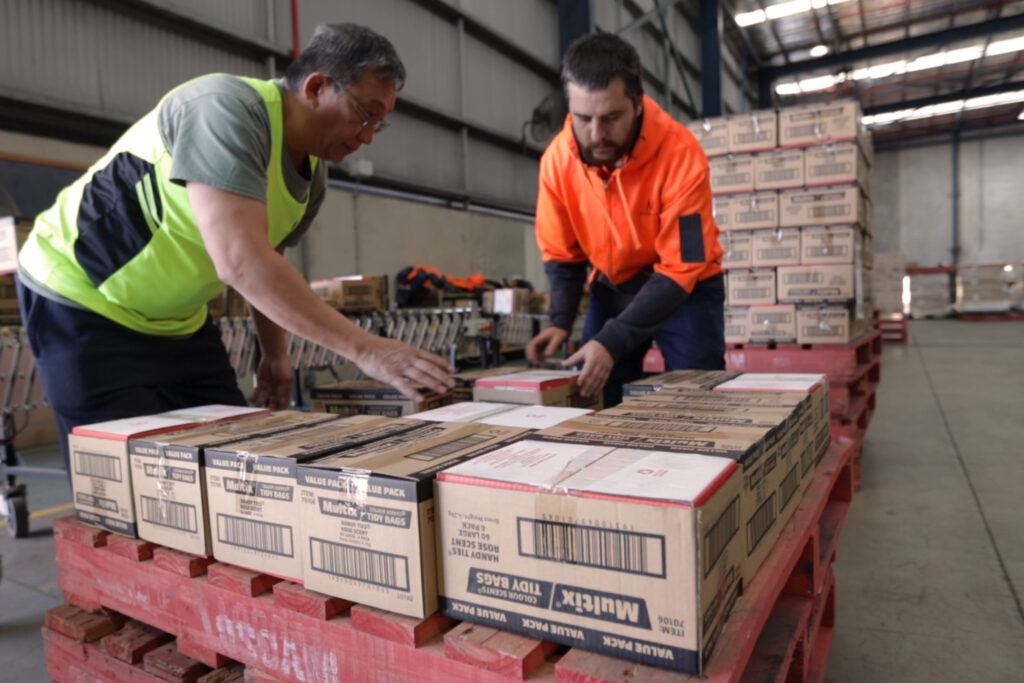
Such a strong team, and company culture, meant that McPherson’s weathered the coronavirus storm, and are in a good position to do the same in today’s uncertain times, with material shortages alongside skills shortages, and a soaring cost of living affecting how both consumers and businesses are spending their money. When COVID hit, Mark says, the existing resilience within the team became even more obvious, as everyone wanted to play their part to keep each other safe, to deliver what the business needed. He says: “During COVID, we like most businesses hunkered down and focused on what was important and cut away the rest. The Pareto Principle at its best. We had approximately 1500 SKUs in our range, and we knew at that time the top 150 gave us around 73% of our GM – so that’s where we focused.”
To a certain extent, this approach remains today with an extended range of 250 SKUs, with Australia’s borders only recently fully opening and the ongoing volatile global situation, Mark says it makes sense to hone in on these core products. “This has continued – both with the reporting mechanisms, the focus on these key top SKUs and the suppliers, services and all elements related to it.”
